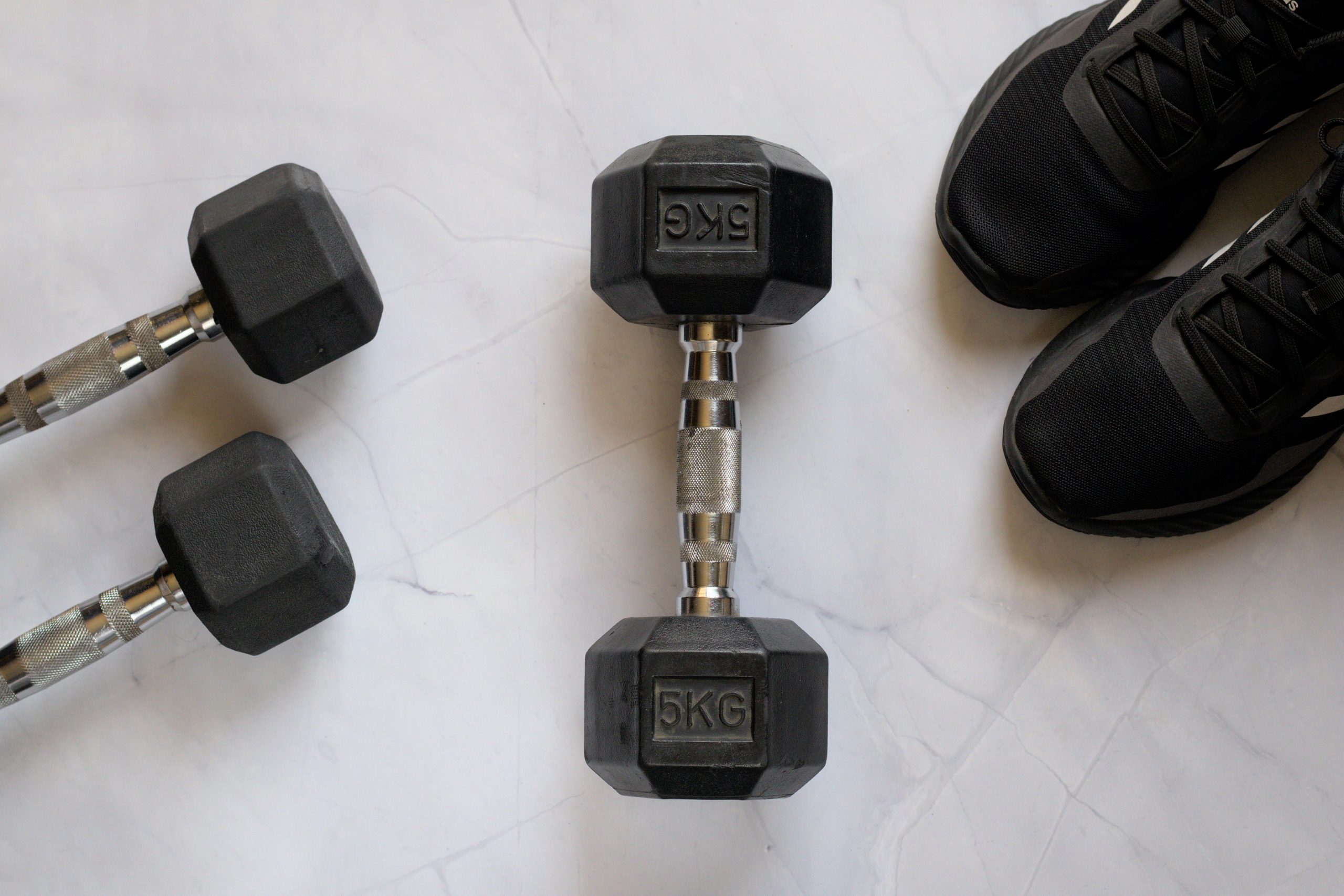
Building Habits – making the changes you want
This month I was thrilled to attend my first in-person conference in over 2 years. I travelled to New Orleans, Louisiana for NALP’s Annual Education Conference.
I collaborated with my colleague Ann Gomez of Clear Concept Inc to speak on habits. Our session, Your Habit Blueprint: Making the Changes you Want, focused on the personal and professional goals to which we aspire and how to develop the habits required to reach them.
Our talk was rich with neuroscience and research that is easily applied to anyone’s wellbeing or performance goals. I’m happy to share the highlights of our session:
The research is clear: building habits to support our wellbeing and our essential work is the most effective and sustainable way to drive results.
Why are habits so powerful?
Habits enable us to do activities automatically.
Once we learn a skill inside out, we can complete it without consciously thinking about it.
This in turn frees up precious cognitive resources and allows us to think better, and be more fluid and flexible in unique circumstances.
7 steps to create robust habits – the kind that stick!
1) Define your clear goal – define one clear goal or aspiration. Be specific – know what you want and why you want it.
2) Visualize – according to research this step must not be skipped.
You need to see yourself succeeding with your goal, first in your mind, before you can create it in reality.
Why? When we visualize, we recruit the neural networks necessary to actually engage in the new behaviour. If the new behaviour is to write for 45 min first thing in the morning, we want to see ourselves going into the room to write. See yourself writing and see yourself as you complete the task. Think through each step as though you’re reading through a recipe. Even doing this once can shift people toward a much higher likelihood of doing the behaviour in the long run.
You’re not fooling the body into thinking that you’re actually doing the behaviour – it’s more like greasing the wheels in preparation for attempting the behaviour, such that it becomes easier to execute when actually going for it.
3) Commit to a Tiny Step
Getting started is the hardest part. In many cases, getting started is harder than actually doing the task. We may have to overcome fear, uncertainty, self-doubt and many other things we’d rather avoid.
B.J. Fogg, author of Tiny Habits: The Small Changes That Change Everything, talks about the need to start so small that you can’t fail. It is essential that we succeed with our first behaviour – which we will then come back to…Over time, these tiny steps snowball into creating the outcomes we want.
4) Have a Prompt for Your Tiny Step.
Another helpful way to entrench habits is to use prompts.
These prompts serve as excellent cues, reminding us to take action. Prompts are habits or behaviours which we already have. We want to ‘stack’ or ‘pair’ our new habit with an already established habit.
An effective prompt uses this formula:
When I blank, I will blank.
For example: When I get out of bed, I will do one yoga pose.
When I sit down at my desk, I will take 3 mindful breaths.
Once your habit is consistent, you can slowly build it up.
5) Celebrate (Whoo hoo!)
The positive emotions we experience when we successfully perform our new behaviour wire our brains to want to do this more. These positive emotions are fleeting, so it’s important to notice that we have succeeded and to take a few seconds to celebrate the moment. You can do this with a small inner smile, a check on the calendar or if inclined – a fist pump in the air!
When we celebrate, we get a cascade of neurochemicals, primarily Dopamine, which is our internal motivator as well as ‘feel good’ hormone.
This then becomes a loop that we seek out more.
The positive emotions and repetition help us build the habit over time.
6) Seek out Your Supports
Making change is tough. Find your cheerleaders, supporters, and those who inspire you to keep going. We need not go it alone. Keep these people close and check in frequently.
7) The Secret Sauce to Habit Building that ties all of this together…
Sorry, if I told you, it wouldn’t be a secret.
For more information on this program and other workshops and services, please connect with us at info@forhealth.ca



